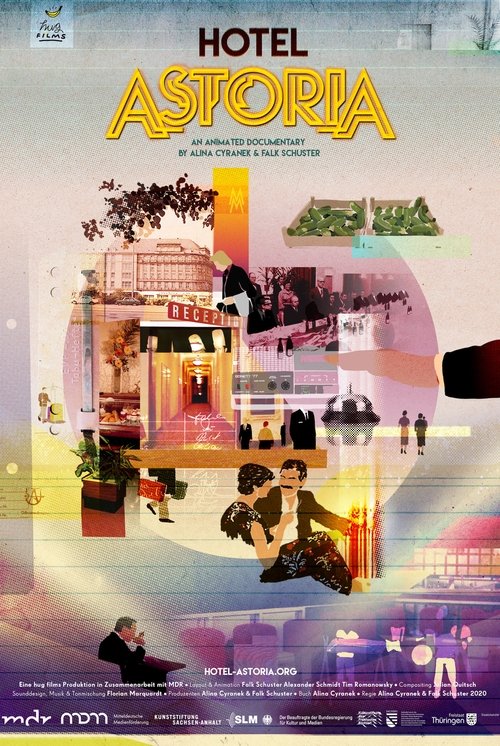
 Disclaimer - This is a news site. All the information listed here is to be found on the web elsewhere. We do not host, upload or link to any video, films, media file, live streams etc.
Kodiapps is not responsible for the accuracy, compliance, copyright, legality, decency, or any other aspect of the content streamed to/from your device.
We are not connected to or in any other way affiliated with Kodi, Team Kodi, or the XBMC Foundation.
We provide no support for third party add-ons installed on your devices, as they do not belong to us.
It is your responsibility to ensure that you comply with all your regional legalities and personal access rights regarding any streams to be found on the web. If in doubt, do not use.
Disclaimer - This is a news site. All the information listed here is to be found on the web elsewhere. We do not host, upload or link to any video, films, media file, live streams etc.
Kodiapps is not responsible for the accuracy, compliance, copyright, legality, decency, or any other aspect of the content streamed to/from your device.
We are not connected to or in any other way affiliated with Kodi, Team Kodi, or the XBMC Foundation.
We provide no support for third party add-ons installed on your devices, as they do not belong to us.
It is your responsibility to ensure that you comply with all your regional legalities and personal access rights regarding any streams to be found on the web. If in doubt, do not use.
 Kodiapps app v7.0 - Available for Android.
You can now add latest scene releases to your collection with Add to Trakt. More features and updates coming to this app real soon.
Kodiapps app v7.0 - Available for Android.
You can now add latest scene releases to your collection with Add to Trakt. More features and updates coming to this app real soon.

Emma Freese is desperate when her husband Alfred falls ill at the Howaldtswerke in Kiel. How is the family supposed to get by without their wages? The war has scarred this generation, but now things are supposed to be looking up. The workers want their fair share and are fighting for an income that also gives them room to live. In October 1956, 34,000 metalworkers in the shipyards and factories of Schleswig-Holstein walk off the job to fight for justice and their dignity. This strike is still regarded as the toughest and longest in Germany. Employers and politicians stand in the strikers' way.

In 1946, just after the end of World War II, a secret organization of Holocaust survivors plans a terrible revenge: since the Nazis have killed millions of Jews, they will kill millions of Germans.

On February 26, 1920, Robert Wiene's world-famous film The Cabinet of Dr. Caligari premiered at the Marmorhaus in Berlin. To this day, it is considered a manifesto of German expressionism; a legend of cinema and a key work to understand the nature of the Weimar Republic and the constant political turmoil in which a divided society lived after the end of the First World War.

Six million Jews died during World War II, both in the extermination camps and murdered by the mobile commandos of the Einsatzgruppen and police battalions, whose members shot men, women and children, day after day, obediently, as if it were a normal job, a fact that is hardly known today. Who were these men and how could they commit such crimes?

The night of November 8, 1923, is arguably the most significant and transformative in the history of the twentieth century. A localised uprising in the Bavarian capital of Munich, led by a small man with a toothbrush moustache and a poisonous yet compelling grandiloquence, would have repercussions that would lead to the political shackling of an entire nation, the most abhorrent crimes of the century and a world war. You might say, Adolf Hitler came of age amid the smell of sweat and sawdust of a Munich beer hall. In the political chaos of 1923, he was a local irritant, gaining popularity among workers and soldiers, the ethos of his Nazi Party spreading like a virus. His first attempt at attaining true power came with an attempted putsch on the already separatist government of Bavaria, which left him imprisoned.

„I began documenting their lives, if only because I hoped each film would have a happy ending.“ (Gerd Kroske)

The film is a reportage showing the help of workers from the GDR in the industrial reconstruction of Syria. We witness the friendly relationship between workers from both countries, who are jointly involved in the construction of the cotton spinning mill in Homs. In impressive pictures the exoticism of the environment and the mentality of the Syrian hosts is shown. At the same time it becomes clear that the workers from the GDR become 'ambassadors of the GDR' through their collegial behaviour and good work.

This first co-production between the GDR and Great Britain is intended to contribute to an understanding of the situation and attitudes of millions of working people in opposing social orders. Using the example of shipyard workers, fishermen, the brigade and family of a trade union active cook and unemployed person of various ages and professions in Newcastle on the one hand and a brigade of crane operators of the Warnowwerft and fishermen of the Warnemünde cooperative on the other hand, insights into the way of life and attitudes of people of our time are to be conveyed.